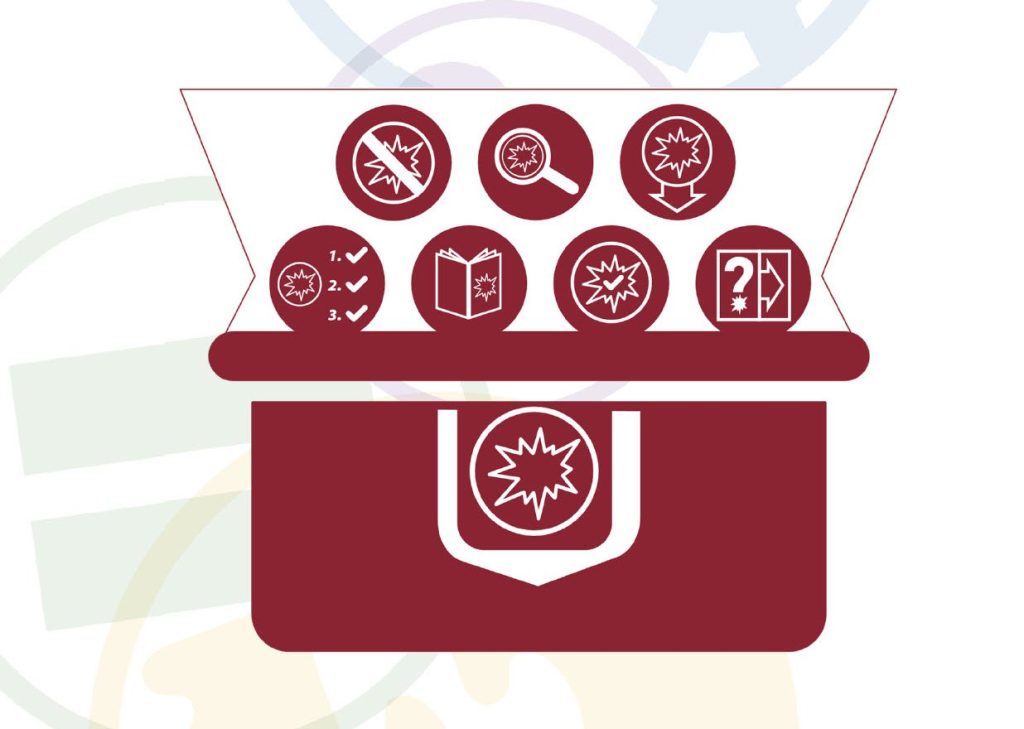Tools for Improving Crash Data
The National Highway Traffic Safety Administration (NHTSA) published the toolkit in October 2020 to help Tribes in all phases of safety data improvement. Tribes can use the Self-Assessment tool to identify elements of safety data management that could be improved. The Crash Reporting Facts and Fictions Tool can further enhance the planning of safety data improvements by dispelling common barriers to crash data improvement. A data analysis tool describes common ways that safety data is used to improve transportation safety. Other tools contain the framework needed to establish a crash reporting system. These include a crash reporting form, officer’s instruction manual, database, quality control guide, and a manual that describes all of the available tools. All of these tools are available at no cost at https://www.tribalsafety.org/tribal-crash-reporting-toolkit.
The toolkit is based on the Model Minimum Uniform Crash Criteria (MMUCC) standard and was developed by NHTSA in partnership with the Federal Highway Administration (FHWA). Several Tribes participated in a pilot of the toolkit contents. The Cheyenne River Sioux Tribe Police Department tested the Crash Reporting Form and Database.
The 2015 Fixing America’s Surface Transportation (FAST) Act addressed crash reporting in Tribal areas by stating “without more accurate reporting of crashes… it is difficult or impossible to fully understand the nature of the problem and develop appropriate countermeasures…” and “improved crash reporting by tribal law enforcement agencies would facilitate safety planning and would enable Indian tribes to apply more successfully for State and Federal funds for safety improvements.” In response to the FAST Act, the FHWA developed a report to Congress titled “Tribal governments and transportation safety data.” Later, the Bureau of Indian Affairs Office of Justice Services published the report “Indian Highway Safety Program: Tribal Crash Reporting Assessments.” Based on this research, at least 20 percent of Tribal Police departments may not be using a standardized crash report. Also, half of the Tribes participating in a recent study reported using a paper reporting system rather than electronic. The Tribal Crash Reporting Toolkit addresses these and many other improvements for crash reporting.
For additional information about the Tribal Crash Reporting Toolkit, please contact Tom Bragan (Tom.Bragan@dot.gov) or Adam Larsen (Adam.Larsen@dot.gov).

